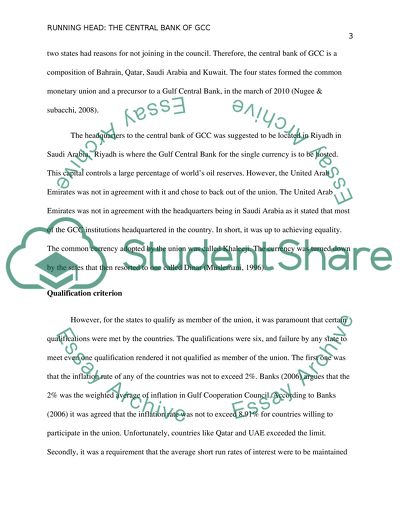Cite this document
(“Central Bank for GCC (Gulf Cooperation Council) Research Paper”, n.d.)
Central Bank for GCC (Gulf Cooperation Council) Research Paper. Retrieved from https://studentshare.org/finance-accounting/1497587-central-bank-for-gcc-gulf-cooperation-council
Central Bank for GCC (Gulf Cooperation Council) Research Paper. Retrieved from https://studentshare.org/finance-accounting/1497587-central-bank-for-gcc-gulf-cooperation-council
(Central Bank for GCC (Gulf Cooperation Council) Research Paper)
Central Bank for GCC (Gulf Cooperation Council) Research Paper. https://studentshare.org/finance-accounting/1497587-central-bank-for-gcc-gulf-cooperation-council.
Central Bank for GCC (Gulf Cooperation Council) Research Paper. https://studentshare.org/finance-accounting/1497587-central-bank-for-gcc-gulf-cooperation-council.
“Central Bank for GCC (Gulf Cooperation Council) Research Paper”, n.d. https://studentshare.org/finance-accounting/1497587-central-bank-for-gcc-gulf-cooperation-council.


